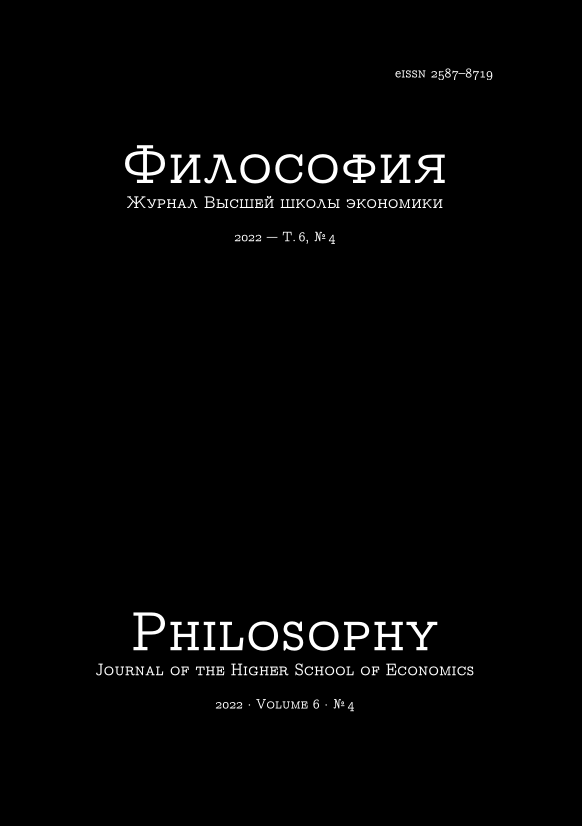The Causa of Johannes Falkenberg and Synodal Praxis at the Council of Constance (1414–1418)
Between Council and Pope
Abstract
While the council fathers at the Council of Constance (1414–1418) managed to achieve a specific condemnation of the theses of Wyclif, Hus. and Jerome of Prague, in the case of Jean Petit, the council only made a very general judgement of tyrannicide through the decree Quilibet tyrannus. Something similar occurred with some of the theses of Johannes Falkenberg as, even though its author was imprisoned and his theses were condemned as seditious, they were not expressly condemned as heretical by the council, giving rise to strenuous complaints from representatives of the Polish crown to Pope Martin V, who made a protest at the last session of the council claiming that the case had not been properly decided and presenting an appellatio ad futurum concilium. This article analyzes the dispute over the theses of Johannes Falkenberg at the Council of Constance, focusing on the debates that took place within the natio gallicana. It also attempts to explain the correlation between the consolidation of conciliar authority and the course of the Falkenberg case.
Downloads
Copyright (c) 2022 Philosophy. Journal of the Higher School of Economics

This work is licensed under a Creative Commons Attribution-NonCommercial 4.0 International License.






